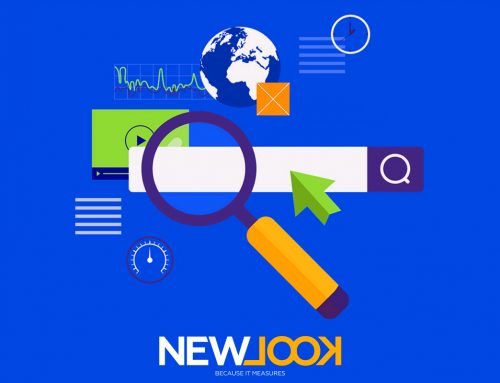In today’s internet era, it has become very easy for us to get all the information. We have access to all data available on the Internet, including our personal data. As nice as it sounds that we can find out everything we are interested in on the Internet, at the same time, the knowledge that data about us and our behavior on the Internet is part of that, causes a feeling of discomfort. In such conditions, user privacy on the Internet has become a key issue. An indispensable item in the business of every company, regardless of its activity and size, is the cookie policy – Consent management.
What is consent management?
Consent management is a system or process that allows customers to determine what personal data they are willing to share with a business. With fines for non-compliance on the rise and customers increasingly concerned about their personal data, consent management should be at the top of every company’s priority list in today’s market. Due to legal requirements around the world for websites to obtain user consent to collect data through cookies during browsing, consent management is becoming necessary for all forms of business on the Internet. A cookie is information, i.e. a text file, that is sent by an internet presentation. They are used to save settings for a specific internet presentation (such as language, address, code, etc.) so that when you access the site again, information adapted to your audience is displayed. Cookies are used to personalize content and ads, provide social media features and analyze traffic. The law states that cookies can be stored on the device if they are strictly necessary for the operation of the site, and for all others the consent of site visitors is required. If consent is not given, you will not have access to the specified information nor will you be able to access other files on the client’s device.
What types of cookies are there?
Depending on the time duration, cookies can be divided into permanent and temporary cookies. Permanent or persistent are those through which the website saves data such as login name and password, so that you do not have to log in again every time. Temporary or session cookies are those in which the website stores data of a temporary nature. Unlike permanent ones, temporary ones are removed when you close your internet browser. Based on the purpose for which cookies are used, they are divided into:
1) Technical or functional cookies– ensure that certain parts of the website function properly and facilitate the user’s experience of using the site. They can be used without the user’s permission.
2) Statistics cookies – they are used to optimize the website experience for users and thus gain insight into the use of the site. Permission is required to set them.
3) Marketing/Tracking cookies– they are used to create user profiles to display advertising or track users on the website for marketing purposes.
4) Social network– they serve to promote the site itself and its content on social networks.
Benefits of using cookies
The use of cookies on your site has already become essential for a successful digital business. In addition, if you use consent management in the right way, you can gain an edge over the competition in your industry. New look with the help of the Sales Snap tool, makes it possible to create a sign up form, along with fields for checking consent. The main benefits of using consent management are:
- 1) Compliance with legal privacy requirements– With the growing awareness of data privacy, laws and regulations like GDPR represent strict conditions under which user data is collected, processed and stored. Consent management allows companies to align their practices with those laws, thus preventing potential fines and legal problems.
- 2) Building trust with users– Consent management gives users clear control over their actions, showing them that the company whose site they are on values and respects their privacy, which can result in building long-lasting relationships.
- 3) Personalization– When users knowingly give permission for their data to be used, companies use it to tailor their marketing campaigns to the user’s preferences. Personalization increases engagement and creates more relevant offers to customers.
- 4) Prevention of loss of business opportunities– Consumers value everything when companies value their privacy and the lack of adequate consent management can lead to clients refusing to cooperate and use your services.
- 5) Brand and reputation building– Companies that excel in providing high standards of privacy, over time become recognizable as responsible and ethical, which positively reflects on reputation and brand. Given the increasing awareness of consumers about the privacy of their data, a positive reputation can be a key factor for success in the market.
Consent management is not only a legal obligation of every company that operates with the help of the Internet, but also a very important strategic move. In addition to avoiding legal penalties, with good consent management companies can gain the trust of clients and improve their marketing campaigns. All business entities, regardless of their size and the branch of business they are engaged in, should implement a consent management system, because it is not only a solution to legal problems, it is also an opportunity to raise your business to a higher level.





Leave A Comment